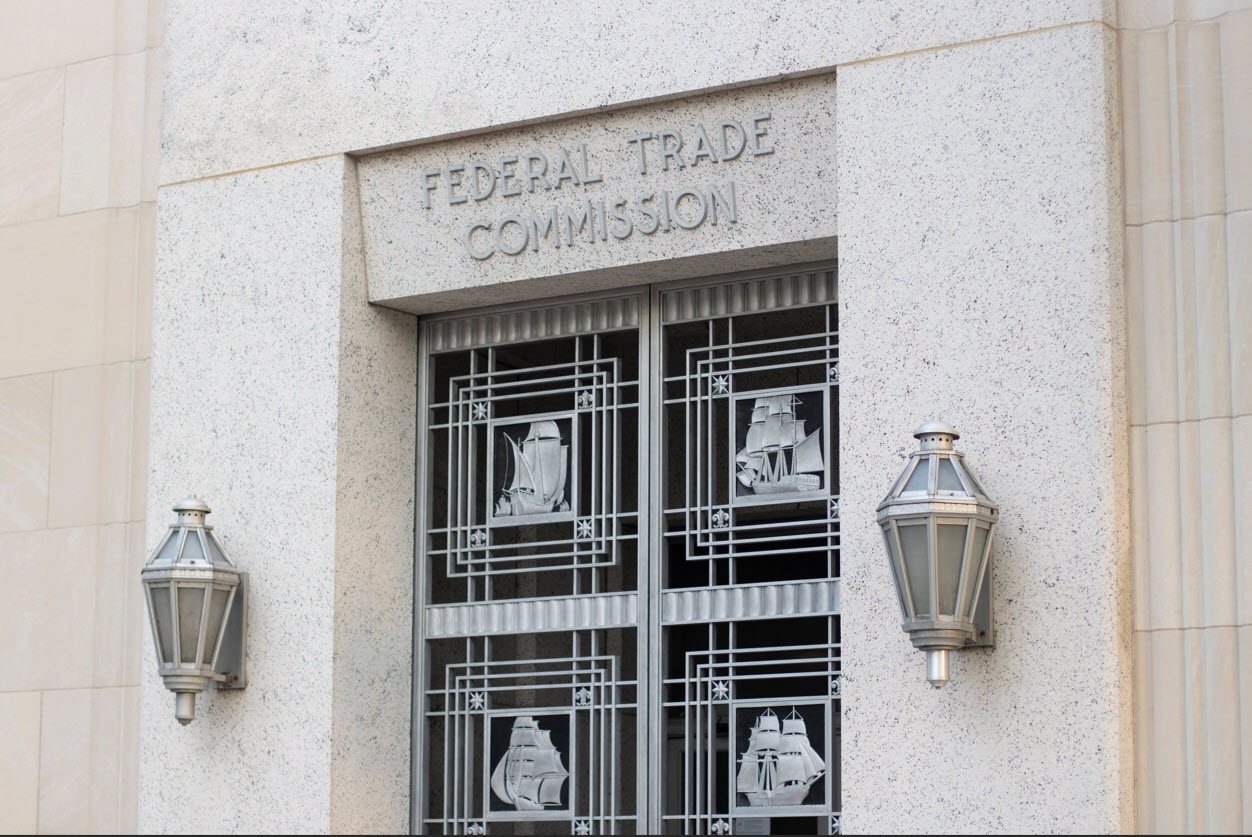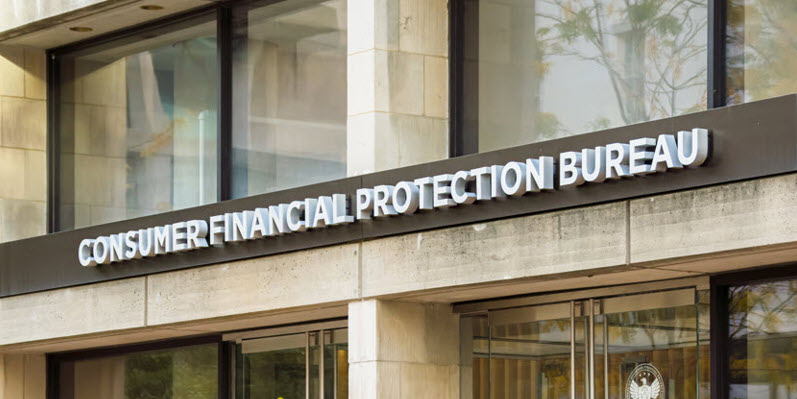The Consumer Financial Protection Bureau (CFPB) has ordered Block, Inc., the operator of the peer-to-peer payments platform Cash App, to provide up to $120 million in refunds and other redress to consumers and pay a $55 million penalty to the CFPB’s victims relief fund. This enforcement action comes in response to the company’s inadequate security measures and failure to properly investigate unauthorized transactions, leaving many users at risk of financial loss.
Key Findings Against Block
Block, which reported $7.5 billion in gross profits in 2023 (with $4 billion generated by Cash App), employed insufficient security protocols for its platform. While legally obligated to investigate and resolve disputes about unauthorized transactions, Block’s efforts were incomplete and often misleading. Consumers who experienced fraud were directed to seek assistance from their banks, only to face denial of their claims by Block.
CFPB Director Rohit Chopra stated, “Cash App created the conditions for fraud to proliferate on its popular payment platform. When things went wrong, Cash App flouted its responsibilities and even burdened local banks with problems that the company caused.”
Misleading Terms of Service and Customer Service Failures
Cash App’s Terms of Service played a pivotal role in shifting responsibility away from the company. Many users linked their bank accounts to the app, and when unauthorized transactions occurred, they were misled to believe that resolving disputes was their bank’s responsibility. This approach violated the Electronic Fund Transfer Act, which mandates that peer-to-peer platforms like Cash App investigate such disputes.
Block also fell short in providing effective customer support. Despite listing a telephone number on its Cash Cards and in its Terms of Service, this number only played a pre-recorded message directing users to the app for assistance. Consumers were limited to contacting support through the app or via U.S. mail, often encountering delays, inadequate responses, or confusion. Additionally, web searches for Cash App support frequently led users to fraudsters posing as representatives, further compromising their personal and financial information. Despite being aware of these scams, Block failed to address the issue in a timely manner.
Enforcement Actions and Requirements
The CFPB’s order imposes several actions on Block to rectify its misconduct:
- Consumer Redress: Block must refund up to $120 million to harmed consumers. This includes refunds for unauthorized transfers that were not investigated, consumers denied rightful refunds, and those whose accounts were locked for extended periods. A minimum of $75 million must be distributed to affected users.
- Enhanced Customer Service: Block is required to establish 24-hour live-person customer support and fully investigate unauthorized transactions. Timely refunds must be issued when appropriate.
- Penalty Payment: Block will pay a $55 million fine to the CFPB’s victims relief fund.
This order addresses violations under the Consumer Financial Protection Act and the Electronic Fund Transfer Act. Separately, state regulators have ordered Block to pay $80 million for violations of the Bank Secrecy Act and anti-money laundering laws.
About Block and Cash App
Block, Inc. (NYSE: SQ), headquartered in Oakland, California, is a publicly traded company offering various digital payment solutions, including Square and Cash App. With over 56 million accounts, Cash App is among the largest peer-to-peer payment platforms in the U.S., enabling electronic money transfers, direct deposits, and transactions via its prepaid Cash Card.
Moving Forward
The CFPB’s action underscores the importance of accountability in the financial technology industry. Block’s obligations to improve customer service and security protocols are expected to enhance user trust and prevent future consumer harm. Users impacted by these violations can anticipate redress without needing to take immediate action.

Author: Jennifer Evancic
Jennifer.Evancic@ResourceManagement.com
Jennifer Evancic is a third-party auditor valued by creditors and large organizations for her knowledge in call monitoring within the collections industry. With meticulous attention to detail and a firm grasp of regulatory requirements, she ensures compliance with clients’ criteria and state and federal regulations.
Jennifer audits collections calls, ensuring they meet client-specific criteria and comply with regulations, providing valuable insights and maintaining industry standards.
Beyond her auditing responsibilities, Jennifer takes the lead in organizing and facilitating monthly call calibrations. These sessions serve as a collaborative forum where clients and their vendors come together to discuss call monitoring results and address any findings or areas for improvement. Jennifer’s guidance fosters open communication and ensures alignment between clients and vendors, driving continuous improvement in collections practices.
Jennifer stays up-to-date with compliance and industry best practices by participating regularly in peer meetings, regulatory updates and industry webinars. This keeps her informed about emerging issues and ensures she remains a knowledgeable leader in collections compliance.
Sign Up for the Twice Monthly Newsletter
Just enter your email address at the top orange bar at:
Collection Compliance Experts – “The Power of Expertise: Oversight Perfected”
It’s that easy! Twice a month – we provide blog updates and Resources for the Collection and Industry Professional.
Your email is just for this newsletter. We never sell your information. No fee. Opt-out at any time.





